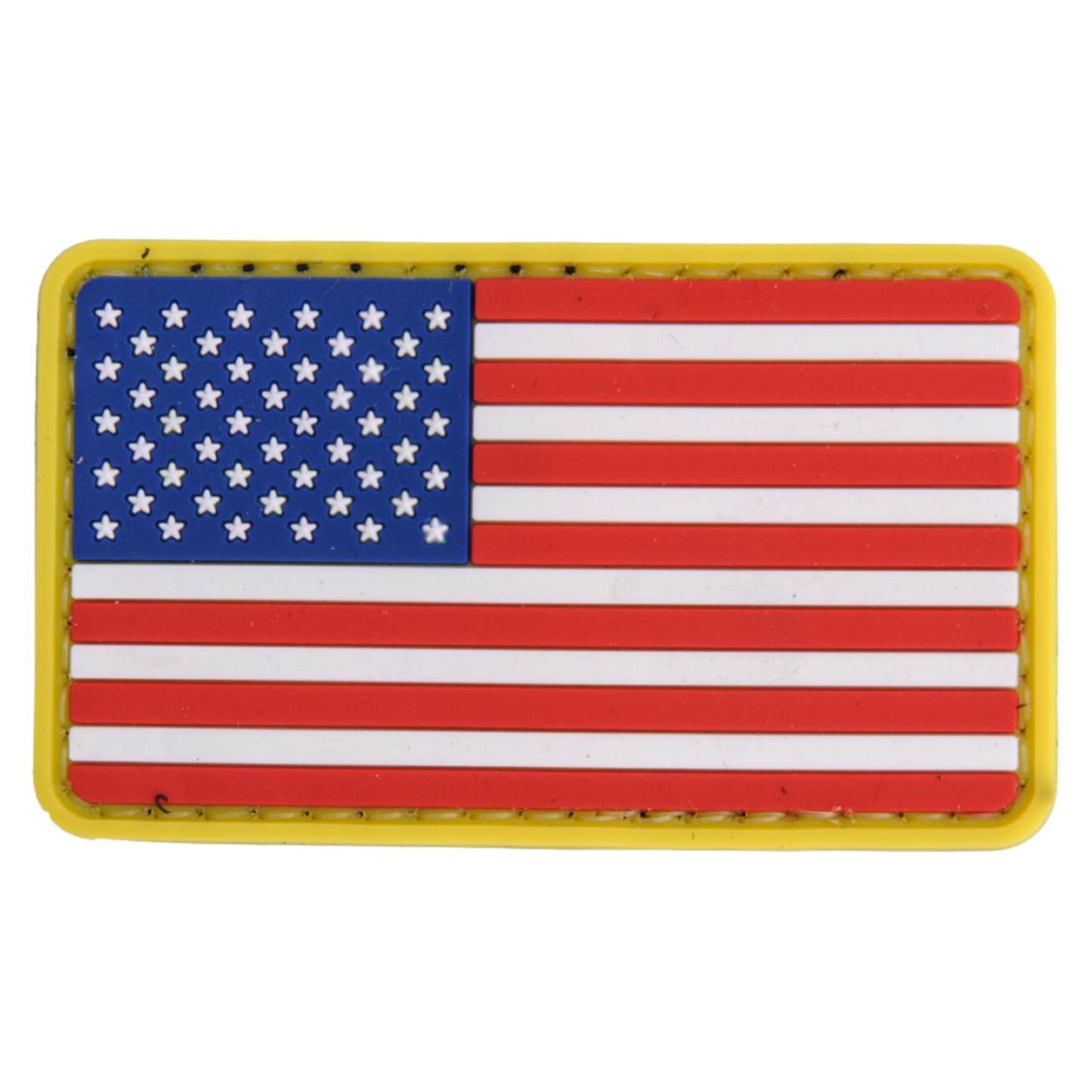
What Our Customers Say

Fun & worth the money
"Tips for new players: buy tickets ahead of time online, use white bio bbs, and use real eye protection not ballistic sunglasses. The field is well managed and has a positive culture! hard to find a field as good as Fox Airsoft, I'm gonna start going there every week."

Had a great time
"go every weekend and I always love the field I just can’t wait for them to add more game modes and more buildings to urban field and add more bunkers to large that’s the only thing I have the downside to on large field Danny"

Amazing
"What an experience. We had over 20 kids ages ranging from 10-14. The staff went above and beyond on all accounts making sure our kiddos had a amazing experience. Would recommend it to anyone interested in airsoft!"









